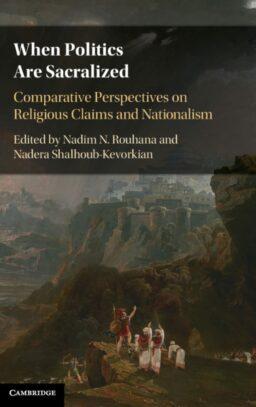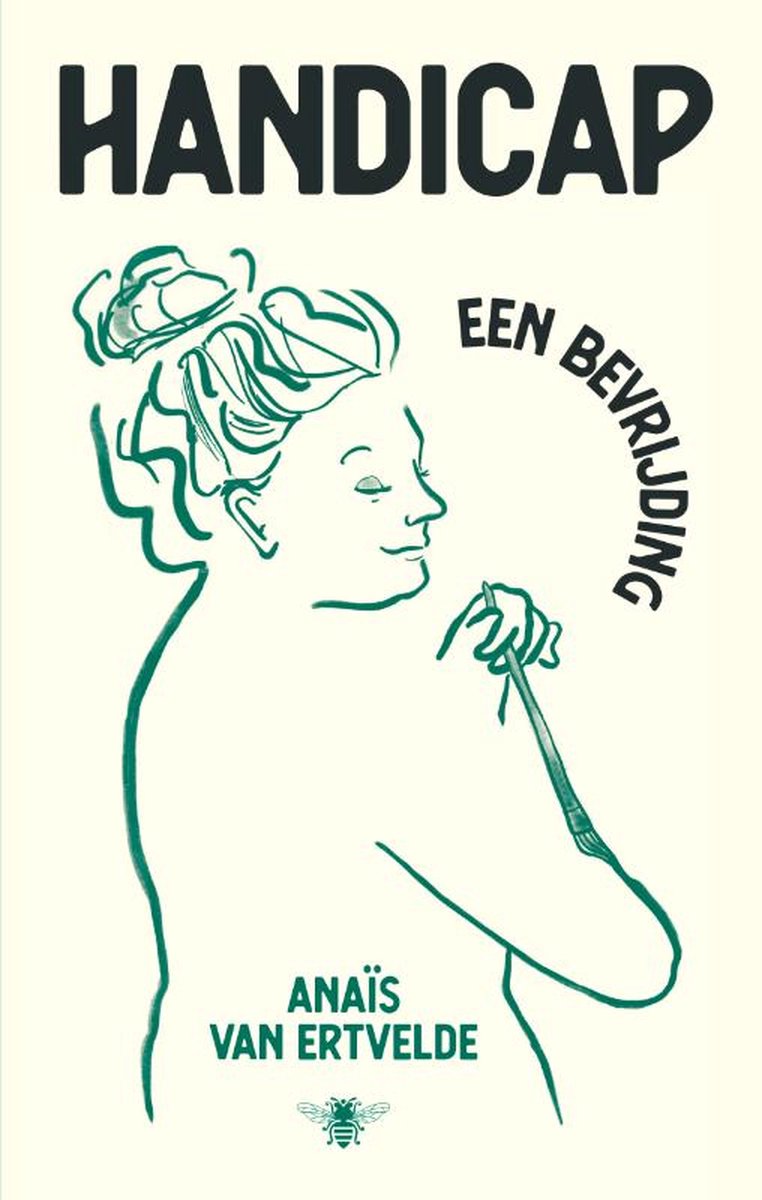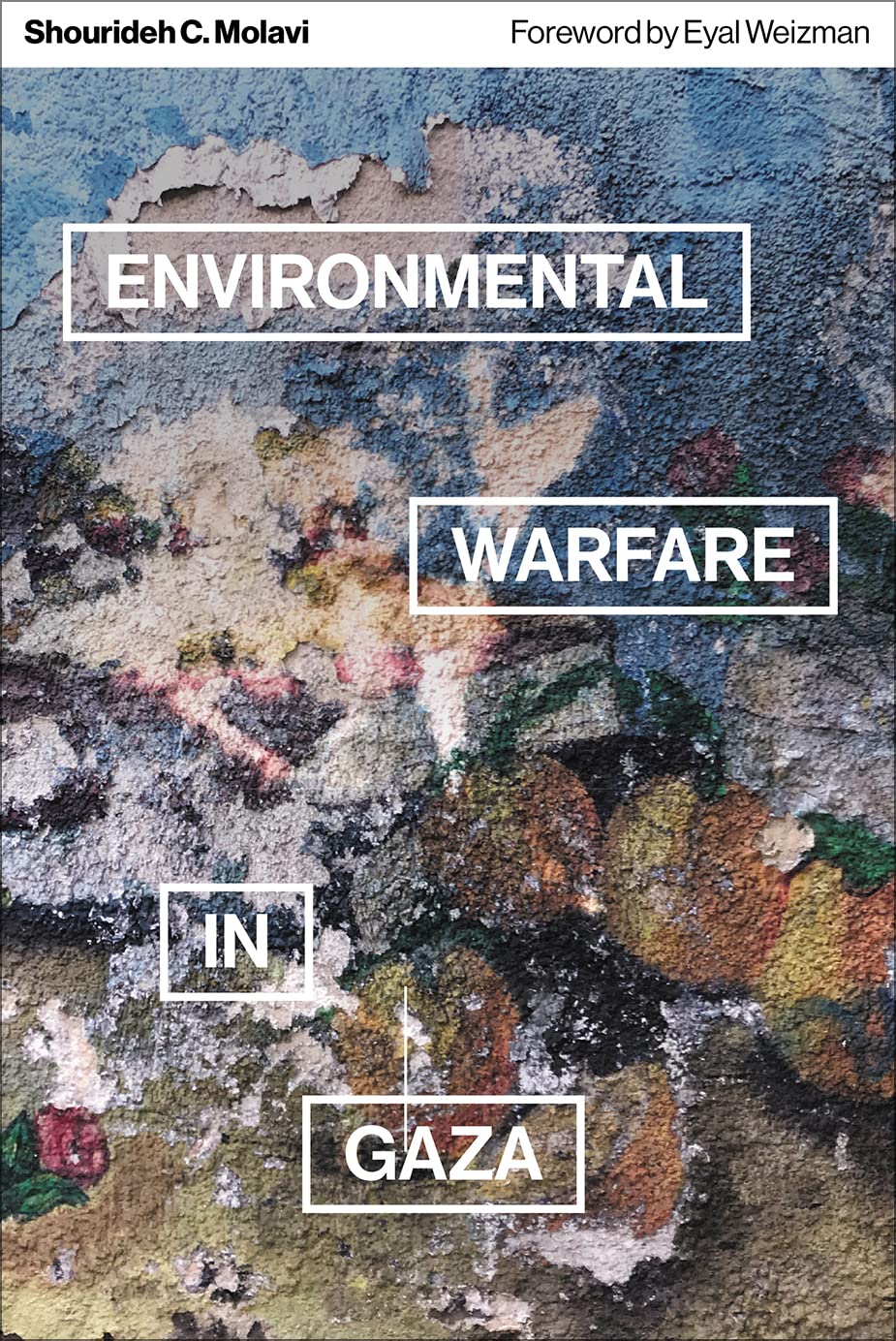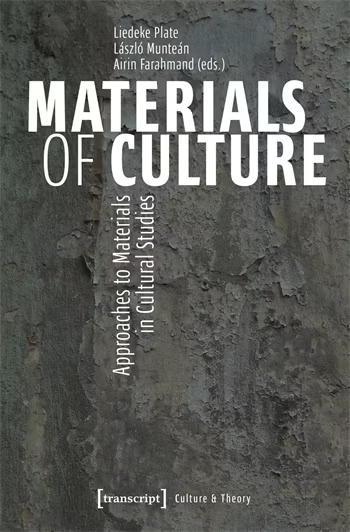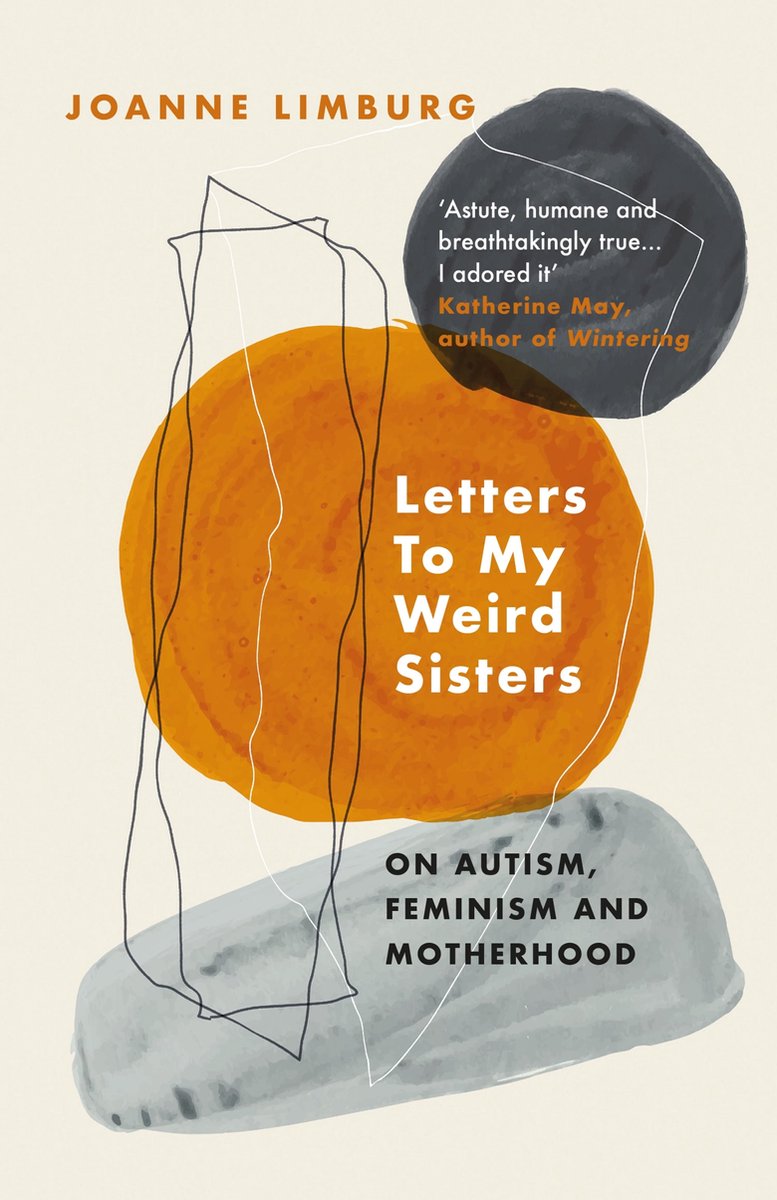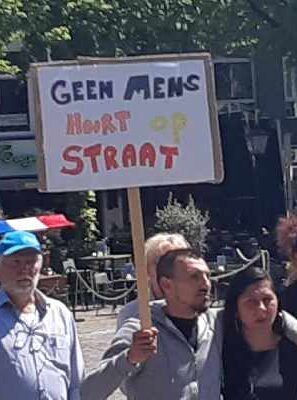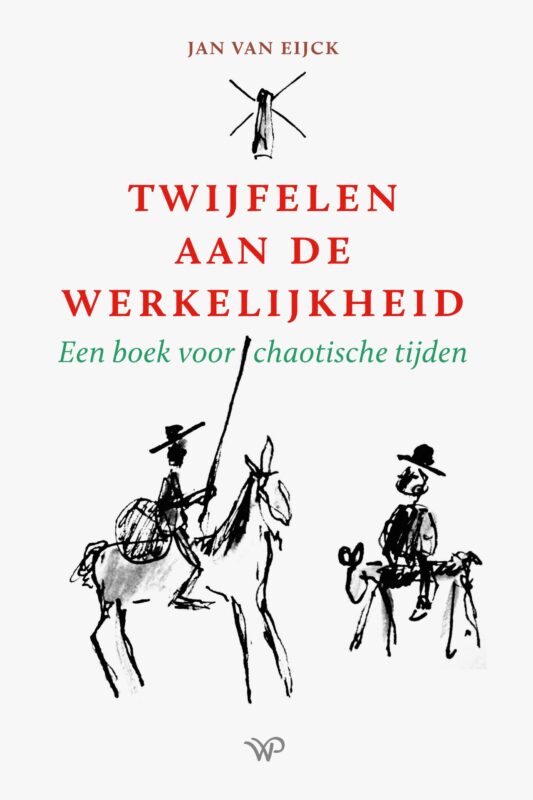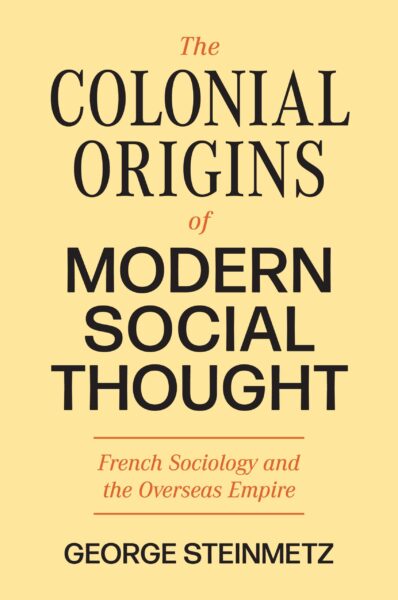Het gevaar van begripsverwarring in het licht van de oorlog tussen Israël en Hamas
Sinds 7 oktober is er in Europa een zorgwekkende toename in individuele en politieke pogingen om kritiek op Israel of steun aan de ‘Palestijnse zaak’ in te dammen. Het verklaarde doel: antisemitisme voorkomen. Maar hoe wordt antisemitisme daarbij eigenlijk gedefinieerd, vragen NIAS-fellows Jessica Feldman en Ayşenur Korkmaz, en met welke gevolgen voor Israëi’s en Palestijnen enerzijds en Europese Joden en moslims anderzijds?
(This is an edited translation of the original English text. See the English text here.)
De stilte is steeds oorverdovender. Sinds de gruwelijke aanval door Hamas op 7 oktober en Israëls bijna onmiddellijke vergeldingsbombardementen, die al minstens tienduizenden inwoners van Gaza het leven hebben gekost, ziet Europa een toename van zowel staats- als privé-inspanningen om kritiek op Israël en pro-Palestijnse protesten aan banden te leggen. Verschillende Europese regeringen, waaronder die van Duitsland, Frankrijk, Oostenrijk, Zwitserland en Hongarije, hebben pro-Palestijnse protesten aan banden gelegd of verboden. Zelfs culturele evenementen met Palestijnse sprekers zijn doelwit. De Frankfurter Buchmesse annuleerde een prijsuitreiking aan de Palestijnse schrijfster Adania Shibli. Het Duitse televisienetwerk ARD schrapte de vertoning van een bekroonde Palestijnse film, Wajib, vanwege zorgen over het ‘vertelperspectief’. In Londen annuleerde de politie de presentatie van Nathan Thralls boek over het Palestijnse leven in Abed Salama. Beperkingen en annuleringen zoals deze zouden alle alarmbellen moeten doen afgaan: Palestijnen blindelings op één lijn stellen met Hamas en kritiek op Israël met antisemitisme vertroebelt ons begrip van dit oude kwaad en dreigt verdere polarisatie in Europese samenlevingen aan te wakkeren. Dit is ongelooflijk gevaarlijk.
Wat is antisemitisme?
De meeste Europese regeringen houden momenteel vast aan een definitie van antisemitisme die kritisch discours over Israël verwart met anti-Joodse haat. De gehanteerde definitie dreigt alle Joden verantwoordelijk te maken voor het geweld van de Israëlische regering, en legt degenen die er het slachtoffer van zijn het zwijgen op. We hebben een definitie van antisemitisme nodig die Joden beschermt en die legitieme kritiek op Israël toelaat – vooral nu het bommen regent op een hulpeloze burgerbevolking en een grotendeels impopulaire extreemrechtse regering ‘meervoudige en ernstige schendingen van het internationaal recht’ wordt verweten. Gelukkig hebben we er al een… The Jerusalem Declaration on Antisemitism (JDA), opgesteld in 2021, stelt duidelijkere definities en voorbeelden voor van wat wel en niet antisemitisch is, in het bijzonder waar het Israël en Palestina betreft.
De JDA werd opgesteld als een verbetering van de definitie die wordt ondersteund door de International Holocaust Remembrance Alliance (IHRA). Deze werd in 2005 geïntroduceerd door het Europees Waarnemingscentrum voor Racisme en Vreemdelingenhaat (EUMC) en vervolgens in 2016 door de IHRA bekrachtigd als een ‘juridisch niet-bindende’ richtlijn voor regeringen en instellingen. Ze definieert antisemitisme als een ‘perception of Jews, expressed as hatred towards Jews’ en schaart daaronder ‘targeting of the state of Israel, conceived as a Jewish collectivity.’ Hoewel inmiddels aangenomen door meer dan 200 regeringen, gemeenteraden, universiteiten en het Parlement, de Commissie en de Raad van de EU, is de IHRA-definitie controversieel gebleven, omdat ze vaag is en kan worden misbruikt om Israël af te schermen van terechte kritiek en aansprakelijkheid. Juist vanwege deze zorg stemden D66, PvdA, Partij voor de Dieren, GroenLinks, de SP en Denk tegen toen de Nederlandse regering de definitie in 2018 aannam.
De veronderstelling is dat de acties van Israël worden ondernomen uit naam van het Jodendom – en dat het bekritiseren van Israël dus gelijkstaat aan vijandigheid tegenover het wezen daarvan. Het zou dan deze Joodsheid zijn die verantwoordelijk moet worden gehouden voor de oorlogsmisdaden van Israël. Dit is antisemitisch.
De vaagheid van de IHRA-definitie was de aanleiding voor de JDA. De JDA is in 2021 in Jeruzalem opgesteld door een groep wetenschappers uit de Holocaust-, antisemitisme- en genocidestudies en is ondertekend door meer dan 350 internationale wetenschappers uit verwante vakgebieden. Ze definieert antisemitisme als een vorm van ‘discrimination, prejudice, hostility or violence against Jews as Jews (or Jewish institutions as Jewish)’ en biedt specifieke richtlijnen over antisemitisme, in het bijzonder waar dat raakt aan het Israëlisch-Palestijnse conflict en zionisme. Het document stelt dat het antisemitisch is: 1) om negatieve stereotypen van het klassieke antisemitisme toe te passen op de staat Israël, 2) om alle Joden de schuld te geven van zijn daden, 3) om van Joden te eisen dat ze Israël veroordelen omdat ze Joods zijn, 4) om Joden in Israël het recht te ontzeggen ‘to exist and flourish as Jews, in accordance with the principle of equality’. Tegelijkertijd beschouwt de JDA het volgende als niet noodzakelijkerwijs antisemitisch: 1) het steunen van de Palestijnse vraag naar rechtvaardigheid en rechten, 2) op feiten gebaseerde kritiek op Israël of zijn gedragingen op de Westelijke Jordaanoever en in Gaza, 3) het zich verzetten tegen zionisme als een vorm van nationalisme, 4) het steunen van ‘arrangements that accord full equality to all inhabitants “from the river to the sea”’, ongeacht de staatsvorm.
Antisemitisme is een reële dreiging en is in Europa in opkomst, of het zich nu manifesteert als neonazisme of in activisme met betrekking tot het Israëlisch-Palestijnse conflict. Sinds de oorlog tussen Israël en Hamas heeft Europa een toename gezien van anti-Joodse aanvallen gericht tegen individuen, huizen en instellingen. Het bestrijden van dergelijke haatuitingen en misdaden is een gedeelde verantwoordelijkheid van allen. Tegelijkertijd moeten we waken voor grove generalisaties die elke kritiek op het beleid van Israël of vreedzame pro-Palestijnse uitingen verwarren met antisemitisme. Het is noodzakelijk om het verschil tussen legitieme kritiek en haatzaaien onder woorden te brengen – voor de robuustheid van de kritiek, voor de slachtoffers van Israëls geweld en voor de bescherming van Joden, Palestijnen, Israëli’s, Arabieren en moslims.
De begripsverwarring blijkt bij nader inzien een goocheltruc: ze stelt hele etnoreligieuze groepen gelijk aan enkelvoudige, gepolariseerde – en strijdende – standpunten: alsof de regering-Netanyahu het Joods-zijn zelf verdedigt; alsof iedereen die ‘de Palestijnse zaak’ steunt Hamas steunt en anti-Joods is. Dit is ongelooflijk gevaarlijk om een aantal redenen. Ten eerste, omdat het veronderstelt dat de acties van Israël worden ondernomen uit naam van het Jodendom – en dat het bekritiseren van Israël dus gelijkstaat aan vijandigheid tegenover het wezen daarvan. De implicatie is dat het Joods-zijn van Israël de auteur is van zijn daden. Het zou dan deze Joodsheid zijn die verantwoordelijk moet worden gehouden voor de oorlogsmisdaden van Israël. Dit is antisemitisch.
Propaganda en werkelijkheid
In werkelijkheid bestaat er geen monolithische ‘joodsheid’. Joden zijn mensen uit verschillende etnonationale, religieuze en culturele contexten. Sommigen van hen, zowel binnen als buiten Israël, hebben de partijen en het beleid van het land al sinds zijn oprichting bekritiseerd. Progressieve Joodse groepen hebben decennialang gestreden voor gelijke Palestijns-Israëlische rechten. Jewish Voice for Peace (VS), Juives et Juifs Révolutionnaires (Frankrijk), Een Ander Joods Geluid (Nederland) en Jüdische Stimme (Duitsland) zijn enkele voorbeelden. (Dezelfde strijd is gevoerd door Israëlische en Palestijns-Israëlische coalitiegroepen, zowel binnen als buiten de regio, zoals Gate48 (Nederland), Standing Together (Israël) en Looking the Occupation in the Eye (Israël)). Met dit alles in gedachten zou het nogal gewaagd zijn om te suggereren dat de Israëlische regering de bedoelingen van alle Joden vertegenwoordigt en dat haar militaire acties (zoals die van elke staat) kunnen worden toegeschreven aan het Joods-zijn.
Het over één kam scheren van Joden en Israël dwingt Joden bovendien tot een tweeledige keuze als het om het handelen van Israël gaat. Degenen die onveranderlijk kritisch staan tegenover het doden van burgers moeten daardoor voortdurend de recente acties van Israël openlijk afwijzen, om maar duidelijk te maken dat ze niet islamofoob, anti-Arabisch of anti-Palestijns zijn. Een dynamiek die moslims sinds 9/11 maar al te goed kennen.
Het verwarren van Hamas en antisemitisme met alle Palestijnse of pro-Palestijnse stemmen ondermijnt de veiligheid van de inwoners van Gaza en wakkert de vlammen van islamofobie in Europa aan.
Aan de andere kant ondermijnt het verwarren van Hamas en antisemitisme met alle Palestijnse of pro-Palestijnse stemmen de veiligheid van de inwoners van Gaza en wakkert de vlammen van islamofobie in Europa aan. Omdat sommige Gazanen in 2006 één keer op Hamas stemden (en konden stemmen) mag de gehele bevolking – een meerderheid waarvan destijds nog niet eens in leven was – daarvoor nu collectief gestraft worden. Dat Hamas tot aan de oorlog zeer impopulair was onder Palestijnen en dat er in de zomer van 2023 in Gaza zelfs grote anti-Hamas-protesten plaatsvonden speelt hoegenaamd geen rol in het publieke bewustzijn.
Het narratief waarin degenen die zich verzetten tegen het beleid van Israël – vaak Palestijnen, Arabieren en moslims – worden afgeschilderd als ‘aanhangers van Hamas’ en ‘potentiële dragers’ van antisemitisme is door rechtse Europese partijen als AfD, Rassemblement National en PVV sinds 7 oktober dankbaar gebruikt als morele dekmantel voor stemmingmakerij tegen moslimimmigranten. Door de schuld bij ‘buitenstaanders’ te leggen pogen dergelijke partijen de verantwoordelijkheid te ontlopen om autochtoon antisemitisme aan te pakken.
Het tegen elkaar opzetten van twee groepen alsof de overleving en bloei van de een afhangt van de vernietiging van de ander ondermijnt de veiligheid van zowel Europese Joden als moslims – laat staan die van Israëli’s en Palestijnen. Terugkijkend in de geschiedenis – naar de Holocaust, maar ook naar de Armeense, Rwandese en Bosnische genociden – zien we dit voorspel van schijntegenstellingen keer op keer. En het is juist dit soort denken dat we nu moeten zien te vermijden. Europese leiders en instellingen moeten antisemitisme correct, verantwoordelijk en nauwkeurig definiëren en zich wapenen tegen het op één hoop gooien van Joden met Israël en Arabieren, moslims en Palestijnen met Hamas. Doen ze dat niet, dan lopen ze het risico dat ze de rijzende vlammen van antisemitisme en islamofobie juist aanwakkeren.
Vertaling Merlijn Olnon
The Danger of Conflation in Light of the Israel-Hamas War
The echoes of hush are getting louder. Since Hamas’s atrocious attack on October 7 and Israel’s near-immediate retaliatory bombings that have killed more than 20,000 Gazans, Europe has seen a surge in both state and private efforts to restrict criticism of Israel and pro-Palestinian protests. Several European governments, including Germany, France, Austria, Switzerland, and Hungary, have restricted pro-Palestinian protests or enforced a blanket ban on them altogether. Even cultural events featuring Palestinian voices, sometimes completely unrelated to the war, have been suddenly silenced. The Frankfurt Book Fair canceled an award ceremony for the Palestinian author Adania Shibli. The German television network ARD canceled the screening of an award-winning Palestinian movie, Wajib, due to concerns over its “narrative perspective.” The London Metropolitan Police called off a presentation by Nathan Thrall about his book on Palestinian life in Abed Salama. Restrictions and erasures like this raise red flags: blindly aligning Palestinians with Hamas and criticism of Israel with anti-Semitism risks fueling further polarization in European societies and obscures precise definitions of anti-Semitism. This is incredibly dangerous.
Most European governments adhere to a definition of antisemitism that conflates certain critical discourse about Israel with anti-Jewish hate. This definition is not only controversial, but also dangerous, for Jews, Muslims, Arabs and Palestinians alike: it risks charging all Jews with the violence and guilt of the Israeli government, and silences those who are its victims. We need a new definition of antisemitism, one that protects Jews but does not censor legitimate critique, particularly as Israel’s largely unpopular far-right government is now subject to “extremely serious allegations of multiple and grave breaches of international law” as its bombs rain down on a helpless civilian population. As luck would have it: we already have one. The Jerusalem Declaration on Antisemitism (JDA), authored in 2021, proposes clearer definitions and examples of what is and is not antisemitic, particularly regarding discussions of Israel and Palestine.
The JDA was offered as an improvement on the definition supported by the International Holocaust Remembrance Alliance (IHRA), which most EU governments still use. The IHRA language was first introduced by the European Union Monitoring Centre on Racism and Xenophobia (EUMC) in 2005, then endorsed by the IHRA in 2016 as a “legally non-binding” guideline for governments and institutions. It defines antisemitism as a “perception of Jews, expressed as hatred towards Jews” and includes in this “targeting of the state of Israel, conceived as a Jewish collectivity.” Now adopted by over 200 governments, city councils, universities, and the EU Parliament, Commission, and Council, the IHRA definition remains controversial: it is vague and can be exploited to shield Israel from valid criticism and accountability. Precisely because of this concern, when the Dutch government adopted the definition in 2018, D66, PvdA, Partij voor de Dieren, GroenLinks, the SP, and Denk voted against it.
This conflation assumes that Israel’s actions are taken on behalf of Jewishness – and that criticizing Israel is hateful towards what Judaism essentially is. This idea implies that it is the Jewishness of Israel that is the author of its actions. It would then be this Jewishness that is to be held responsible for Israel’s war crimes. This is antisemitic.
The IHRA definition’s vagueness prompted the JDA. Authored in Jerusalem in 2021 by a group of scholars from Holocaust, antisemitism, and genocide studies, and currently signed by over 350 international scholars from related fields, the JDA defines antisemitism as a form of “discrimination, prejudice, hostility or violence against Jews as Jews (or Jewish institutions as Jewish).” It offers specific guidelines on antisemitism, particularly regarding criticism around the Israeli-Palestinian conflict and Zionism. The document argues that it is antisemitic: 1) to apply negative stereotypes of classical antisemitism to Israel, 2) blame all Jews for its actions, 3) to demand Jews to condemn Israel because they are Jewish, 4) to deny Jews in Israel the right to “exist and flourish as Jews, in accordance with the principle of equality.” At the same time, the JDA sees the following as not necessarily antisemitic: 1) to support the Palestinian demand for justice and rights, 2) evidence-based criticism of Israel or its conducts in the West Bank and Gaza, 3) to oppose Zionism as a form of nationalism, 4) to support “arrangements that accord full equality to all inhabitants ‘from the river to the sea’” regardless of the form of state.
As scholars of Communication and Cultural Studies and Genocide Studies, it is our belief that the JDA’s guidelines should serve as a compass for discussions on antisemitism following October 7. Antisemitism is a real threat and has been on the rise in Europe, whether manifested in the resurgence of neo-Nazi ideologies or sometimes in discussions and activism related to the Israeli-Palestinian conflict. Since the Israel-Hamas War, Europe has seen a surge of anti-Jewish attacks directed at individuals, homes, and institutions. Combatting such hate speech and crimes is a shared responsibility of us all. At the same time, we also have to be wary not to make blanket generalizations that conflate any criticism of Israel’s policies or peaceful pro-Palestinian expressions with antisemitism. It is necessary to articulate the difference between legitimate criticism and hate speech: for the robustness of critique, for the victims of Israel’s violence, and for the protection of Jews, Palestinians, Israelis, Arabs, and Muslims alike.
Conflations do a sleight-of-hand: they equate entire ethno-religious groups with single, polarized – and warring – positions: as if the Netanyahu government is defending Jewishness itself; as if anyone who supports “the Palestinian cause” supports Hamas and is anti-Jewish. This is incredibly dangerous for a number of reasons.
First, because it assumes that Israel’s actions are taken on behalf of Jewishness – and that criticizing Israel is hateful towards what Judaism essentially is. This idea implies that it is the Jewishness of Israel that is the author of its actions. It would then be this Jewishness that is to be held responsible for Israel’s war crimes. This is antisemitic. In reality, there is not a monolithic Jewishness. Jews are diverse people from different ethno-national, religious, and cultural contexts. Some within and outside of Israel have criticized parties and policies of the country since its inception. Progressive Jewish groups have, for decades, fought for equal Palestinian-Israeli rights. Jewish Voice for Peace (US), Juives et Juifs Révolutionnaires (France), Een Ander Joods Geluid (The Netherlands), and Jüdische Stimme (Germany) are some examples. (The same fight has been taken up by Israeli and Palestinian-Israeli coalition groups, both within and outside of the region, such as Gate48 (The Netherlands), Standing Together (Israel), and Looking the Occupation in the Eye (Israel.)) With all this in mind, it would be rather bold to imply that the Israeli government represents the intentions of all Jews and that its military actions (like those of any state) can be attributed to Jewishness.
Conflating Jews with Israel also robs Jews of the right to define themselves by forcing them into an either-or position vis-a-vis Israel’s actions. Those critical of any killing of civilians have to spend a lot of time and energy speaking against Israel’s recent actions, making clear that they are not Islamophobic, anti-Arab, or anti-Palestinian – not just because they are critical, but because they are assumed to be complicit.
Conflating Hamas and antisemitism with all Palestinian or pro-Palestinian voices undermines the safety of those living in Gaza and stokes the flames of Islamophobia in Europe.
On the other side of the coin, conflating Hamas and antisemitism with all Palestinian or pro-Palestinian voices undermines the safety of those living in Gaza and stokes the flames of Islamophobia in Europe. Gazans are suffering a collective punishment because some voted for Hamas once in 2006, after which elections were canceled. The fact that up until the war, Hamas was deeply unpopular among Palestinians and that Gazans had staged anti-Hamas protests in July-August 2023, does not figure into public consciousness about them. A second sleight-of-hand occurs when those voicing opposition to Israel’s policies – often Palestinians, Arabs, and Muslims – are cast as “Hamas supporters” and “potential carriers” of antisemitism. In fact, many right-wing European parties have been using this narrative as a moral cover for their vilification of Muslim immigrants. Since October 7, these views gained more traction. Germany’s AFD has demanded measures against “imported antisemitism” from Muslim migrants. France’s Islamophobic National Rally party, which joined the “march against antisemitism,” has been accused of supporting Israel in an effort to cover up its antisemitic roots. Such right-wing European parties absolve themselves of responsibility for truly addressing antisemitism when it arises as a “homegrown” hate, and instead blame it on “outsiders.” This undermines the safety of both European Jews and Muslims. Entrenched positions and false dichotomies are the ideological fodder for genocide: pitting two groups against each other as if each one’s survival and flourishing depends upon the destruction of the other. Looking back through history – at the Holocaust, but also the Armenian, Rwandan, and Bosnian genocides –, we see this over and over again. It is precisely this type of thinking that we must be careful to avoid right now. European leaders and institutions must correctly, responsibly, and precisely define antisemitism and guard against the conflation of Jews with Israel and Arabs, Muslims, and Palestinians with Hamas. If they do not, they will continue to risk stoking the rising flames of antisemitism and Islamophobia.




